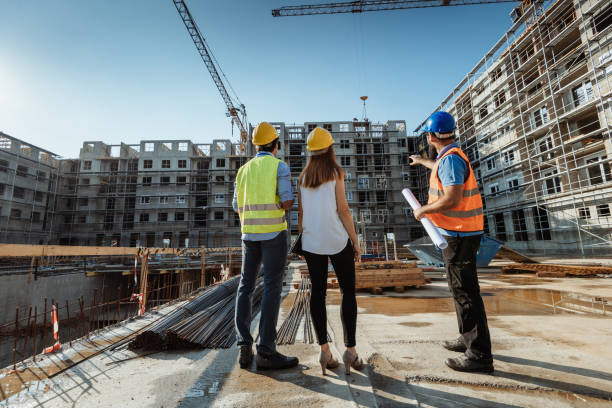By building the infrastructure required for people to live, work, and play in our communities, housing developers have a tremendous impact on how those communities are shaped. But as they work to meet the rising demand for housing, they must carefully consider several ethical issues.
When building homes, builders must ensure that they are secure, reasonably priced, and suitable for the occupants. This is the obligation of the developers. Additionally, they must make sure that their initiatives minimize their negative environmental effects and promote the social and economic advancement of the areas in which they operate.
In this article, we will discuss some of the ethical obligations of housing developers. And how they might successfully negotiate the difficult terrain of moral judgment to have a beneficial social influence. We will also look at some of the difficulties faced by developers and discuss solutions to help them create stronger communities.
Table of Contents
Transparency
Transparency is crucial in ensuring that home developers uphold their ethical obligations. As housing demand rises, developers must deal with consumers, authorities, and other stakeholders transparently. To do this, detailed and correct information on a property’s technical and legal features must be provided.
It increases customer and developer trust. Developers can aid consumer decision-making by being open and honest about the caliber, security, and sustainability of their properties. Transparency also reduces the likelihood of misunderstandings and disagreements, which can happen when information is hidden.
One of the most important areas in which transparency is essential is the availability of technical knowledge. Developers are required to give precise details regarding the architecture, building methods, and design of their projects. This contains details on the caliber of the building materials employed, the safety measures of the property, and any possible concerns related to residing there.
The publication of legal information is crucial as well. The legal status of the land, including any zoning or planning requirements that may be relevant. Also, as well as any limitations on the use of the site, must be disclosed by developers clearly and correctly.
Additionally, transparency is essential for preserving the reputation of the housing developer’s operation. Developers can show their dedication to moral behavior and establish a reputation for honesty and integrity by being upfront. This can assist in bringing in fresh clients, keeping hold of current ones, and preserving goodwill with regulators and other stakeholders.
Fair Pricing
For housing developers, it is morally imperative to set fair prices. To properly price a property, one must take into account a variety of elements, including its quality, location, amenities, and market demand. Housing developers may increase customer confidence and ensure a more equal and sustainable housing market by fairly pricing properties.
The local market demand is one of the most important elements that developers should take into account when determining prices. Developers could be able to charge more for their houses in locations where there is a significant demand for housing. Developers shouldn’t automatically take advantage of this demand by setting their property prices absurdly high, though. Instead, they ought to make an effort to set prices that are just and acceptable, taking into account the local housing market’s general affordability.
When determining prices, one should take the property’s quality into account. The building process, the materials used, and the overall design of the property should all be taken into account by developers. Properties of exceptional quality that are constructed from eco-friendly materials and have cutting-edge amenities may be priced extra. Developers must take care not to overcharge properties based only on perceived quality.
Accountability
The ethical duty falls squarely on house developers. It entails accepting responsibility for the effects that a development project can have on the neighborhood as well as making sure that the project complies with all applicable laws and regulations. Throughout the entire development process, from planning to construction and beyond, developers must take responsibility for their actions and decisions.
Engaging with the neighborhood where they are building is one way that developers may show that they are accountable. To accomplish this, one must communicate with community members, listen to their opinions, and address any problems that are raised. Developers may establish trust and make sure their projects are in line with the needs and preferences of the neighborhood by interacting with the community.
Additionally, developers have to guarantee that all legal and regulatory requirements are met by their projects. This entails obtaining the required licenses and permissions and abiding by all safety and building regulations. Developers must ensure that they construct their projects to a high standard of quality. And that residents can live in them safely is the responsibility of developers.
Key Takeaway
Housing developers have moral obligations that they must uphold since they shape our communities in important ways. One of the main ethical obligations that housing developers must uphold is transparency. Other ethical requirements include fair pricing and accountability.
Developers can gain the trust of stakeholders, including customers, regulatory agencies, and the legal system, by being open and honest about the technological and legal elements of their properties. Fair pricing includes taking into account several variables, including location, quality, and market demand.
Last but not least, accountability is accepting responsibility for any negative effects that a development project may have on the neighborhood. Moreover, making sure that the project complies with all legal and regulatory standards, and interacting with the neighborhood all along the way.
Developers can create communities that are more sustainable, cost-effective, and suited to the requirements of the residents by upholding these moral obligations.

